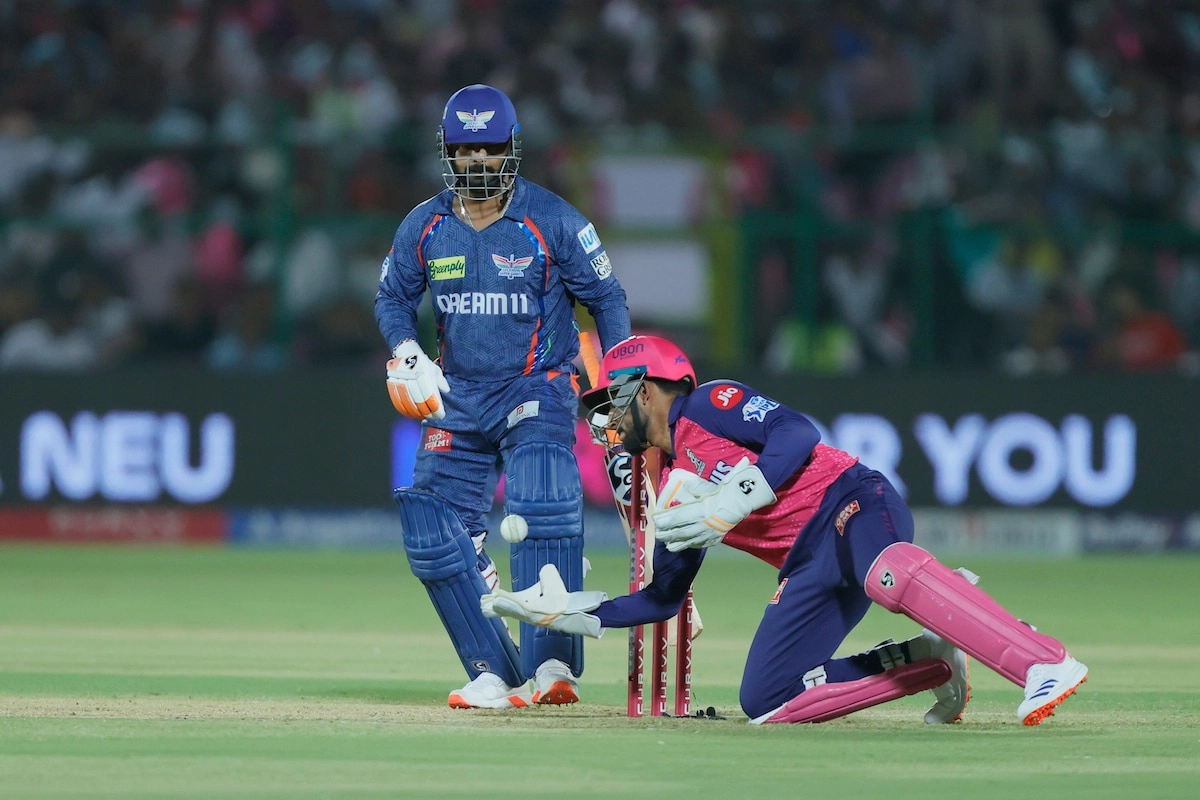The father of a victim from the Pahalgam terror attack has expressed his strong opposition to the upcoming India vs. Pakistan Asia Cup 2025 match, emphasizing that the pain of losing a loved one cannot be overshadowed by the excitement of a sporting event. His poignant remarks highlight the deep-seated emotions and unresolved issues stemming from the ongoing conflict between the two nations. He stated, “Blood and water cannot mix,” conveying the sentiment that the grief experienced by families affected by violence cannot be reconciled with the joy and camaraderie that sports often bring.
This statement underscores the complexities that surround sporting events in regions with a history of conflict. For many, cricket matches between India and Pakistan evoke national pride and unity, yet for the families of victims of terrorism and violence, these matches can serve as painful reminders of their loss. The father’s perspective sheds light on the broader implications of sporting events that often transcend mere entertainment, touching on themes of nationalism, identity, and the scars left by violence.
While the Asia Cup is expected to draw massive crowds and generate excitement among fans, it is crucial to remember the human stories behind the headlines. The father’s grief and anger reflect a reality that cannot be ignored, reminding fans and officials alike that every sporting event occurs against a backdrop of real-life experiences and histories. As discussions about the match continue, it is essential to acknowledge the voices of those who have suffered and to consider the impact of such events on communities still healing from trauma.
In a world where sports often serve as a unifying force, it is vital to balance this with empathy and understanding for those who feel the weight of loss. The father’s words serve as a powerful reminder that while teams may compete on the field, the emotional scars borne by families in conflict zones remain ever-present. It calls for a reflection on how society can honor those affected by violence while still engaging in the passions that bring people together. Thus, as the Asia Cup draws near, it invites a broader dialogue on the intersection of sports, national identity, and the legacies of conflict.




